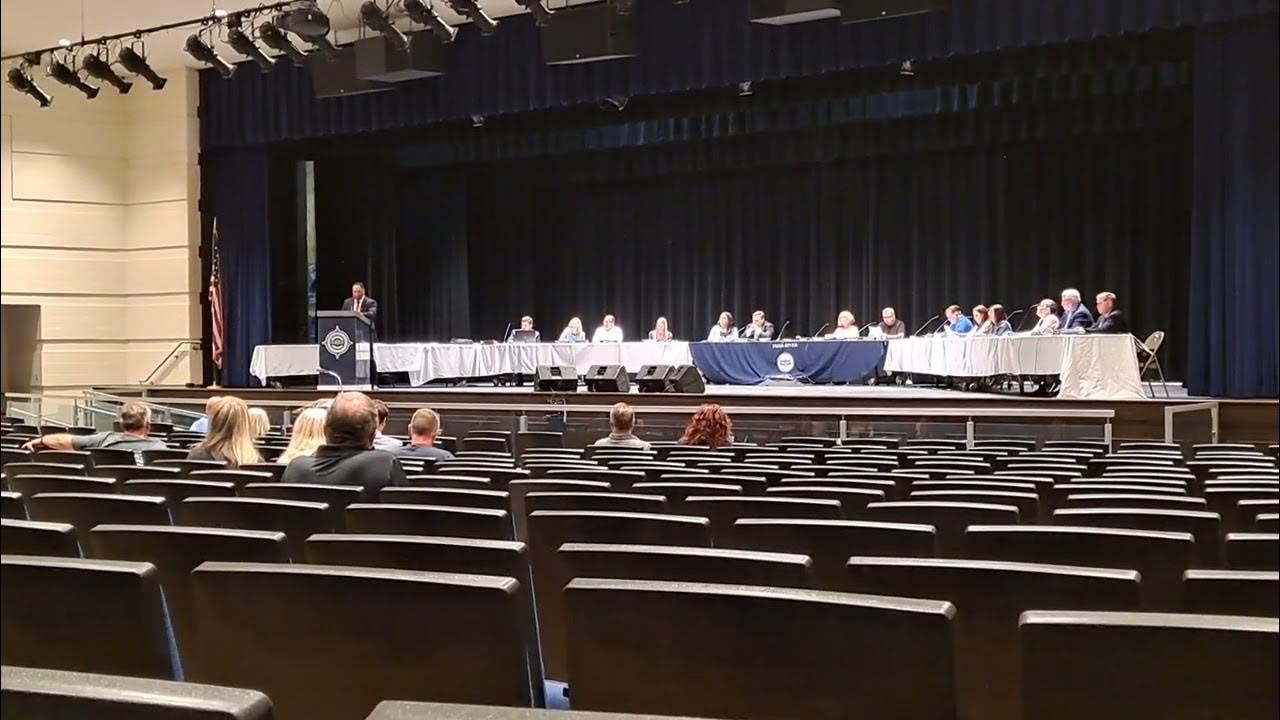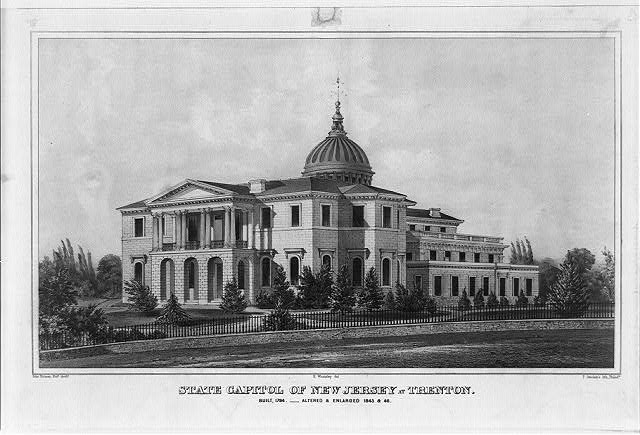In a shocking turn of events, Toms River schools, one of New Jersey"s largest districts, voted to file for Chapter 9 bankruptcy, a move that underscores the devastating impact of fiscal mismanagement and a broken funding formula. The district, reeling from a compounded 22% property tax increase over the past two years, is now grappling with a staggering $22 million deficit and the loss of critical educational resources.
Superintendent Defies State Mandates
Superintendent Michael Citta has taken an unprecedented stance against state-imposed financial demands, labeling them as “illegal and immoral.” Despite pressure from state officials to either accept a tax-heavy budget or face immediate cuts to all programs, Citta announced that summer classes would proceed as planned. This defiance highlights the deep-seated tensions between local governance and state bureaucracy.
Impact of Funding Cuts on Education
Over the last seven years, the drastic changes to New Jersey"s school funding have resulted in $175 million slashed from Toms River’s budget. The fallout from these cuts has been severe, leading to 250 teacher and staff layoffs, the sale of school properties, and increasingly crowded classrooms. The plight of Toms River is not an isolated case; across New Jersey, districts like Lakewood and Jackson are facing similar desperation due to funding shortfalls.

Toms River Regional Superintendent Michael Citta speech July 3, 2024 ...
Political Blame Game Escalates
Republican lawmakers have pointed fingers at Governor Murphy"s funding formula, arguing it penalizes predominantly Republican areas like Ocean County. They claim the system is “flawed and politically driven,” asserting that it disproportionately affects communities that do not support the current administration. This partisan clash over educational funding reveals a broader narrative about how political affiliations can dictate the allocation of resources necessary for public education.
High Stakes for Investors
The bankruptcy filing poses significant risks for investors as Toms River"s AA-credit rating is now under scrutiny. Recent trading of the district’s bonds at elevated yields indicates a growing unease in the market. Investors are right to be concerned; if Toms River cannot restructure its finances effectively, it could set a precedent for other districts facing similar financial crises.

State Capitol of New Jersey at Trenton. Built 1794. Altered ...
State Budget Fails to Address Local Needs
Governor Murphy’s newly proposed $58.8 billion state budget boasts record levels of overall school funding, yet it offers no immediate relief to Toms River. The district"s ongoing struggle to secure adequate state aid has been documented in its financial reports, which criticize the “glaring and known material flaws” in the state aid formula. As reported by Bloomberg, Toms River is committed to exploring all potential avenues to rectify these inequities through legal and legislative challenges.
The implications of Toms River"s financial struggle extend beyond its borders, serving as a dire warning to other districts grappling with funding disparities. As this situation unfolds, the focus must remain on advocating for equitable funding solutions that prioritize the needs of students and educators over political gamesmanship.




![[Video] U.S. Education Secretary Linda McMahon addresses antisemitism and DEI in universities](/_next/image?url=%2Fapi%2Fimage%2Fthumbnails%2Fthumbnail-1764701456714-dldg8o-thumbnail.jpg&w=3840&q=75)


![[Video] Gunfire between Iraqi security forces and Sadr militias in Baghdad](/_next/image?url=%2Fapi%2Fimage%2Fthumbnails%2Fthumbnail-1768343508874-4redb-thumbnail.jpg&w=3840&q=75)
